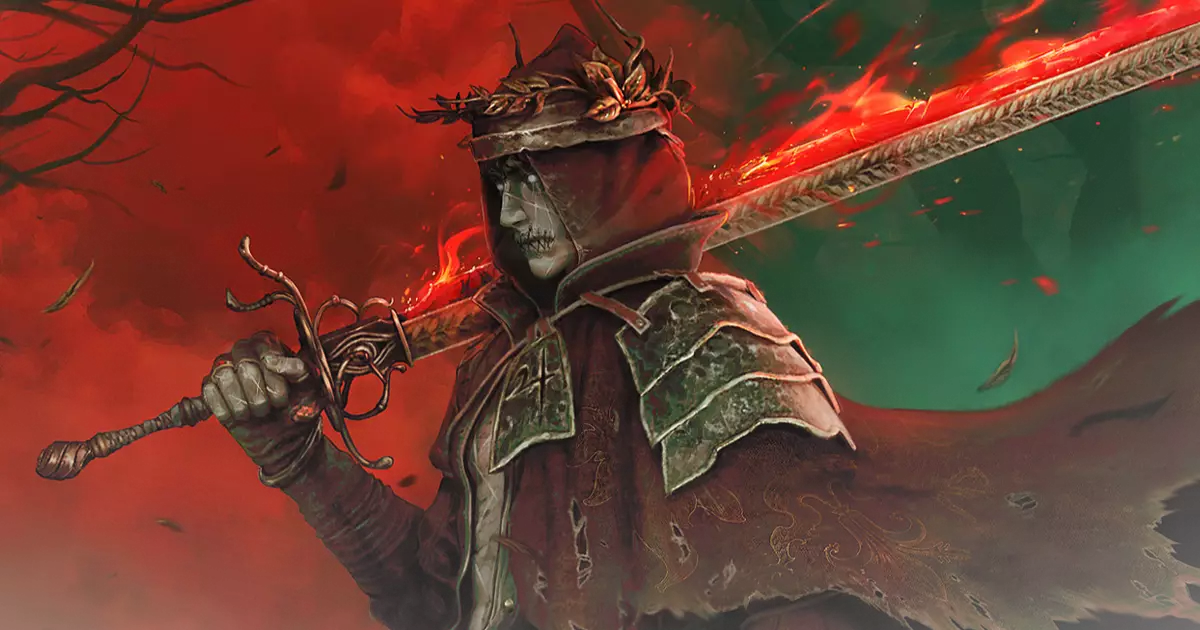The upcoming project by Jyamma Games promises to shake up the traditional narrative of Dante Alighieri’s *Divina Commedia*. Unlike prior adaptations, which often treat Dante’s work as mere inspiration or a shallow theme, this new game endeavors to immerse players directly within the allegorical depths of Hell. It ventures beyond the literary boundaries, transforming a profoundly spiritual and philosophical masterpiece into a visceral, interactive experience. This bold reinterpretation seeks to challenge both players’ expectations of how myth and storytelling coexist with combat mechanics and gameplay progression.
What stands out glaringly is the studio’s intention to craft a universe that leverages Dante’s structured descent through nine circles of Hell, each embodying a specific sin, as a foundation for its core gameplay. While many games merely use such themes as superficial backdrop, Jyamma appears committed to integrating the metaphysical with the procedural — blending the poetic with the pragmatic. Their approach hints at an ambition to not just retell the story but to reimagine its core symbolism as something tangible within a game’s interactive environment. Such a concept could either elevate the narrative experience or risk diluting the profound symbolism of Dante’s original work for spectacle and gameplay convenience.
Breaking New Ground in Gameplay and Narrative Design
One of the most intriguing aspects of this adaptation is its apparent emphasis on player agency and customization. Unlike previous literary-based games that often focus solely on story, Jyamma’s take offers a suite of gameplay features that include multiple combat classes, customizable weapons and armor, and a choice of protagonist genders. This indicates an intent to make each player’s journey through Hell a personalized odyssey, emphasizing agency and replayability.
Additionally, the inclusion of a narrative alignment system suggests the game will challenge players to grapple with moral ambiguity and the complexity of sin and virtue. This choice moves away from black-and-white morality, embracing the nuanced spiritual terrain that Dante explored. Procedurally generated extraction dungeons introduce a rogue-like element, transforming the traditional “descend” into an endless, loot-driven grind. Here, the game appears to aim for a compelling blend of mythic storytelling with addictive gameplay loops, a combination that is rare and ambitious for a project rooted in a literary masterpiece.
However, this integration raises questions about the potential clash between romantic nationalism and gameplay practicality. Does procedural generation overshadow the poetic symmetry of Dante’s structured circles? Will the pursuit of loot trivialize the gravity of sin and redemption? These are crucial concerns, yet they also highlight the studio’s daring approach — to dissect and reassemble *Divina Commedia* into a playable mythology that blurs the boundaries between art and entertainment.
Challenging the Cultural and Literary Legacy
Using Dante’s work as a foundation, Jyamma’s game challenges the longstanding association of *Divina Commedia* with lofty religious and literary tradition. Instead, it elevates the poem into an overarching mythological framework for a chaotic world where old faiths are replaced by the mythos of Dante’s universe. This reinterpretation bears the risk—and the potential—of modernizing a 14th-century masterpiece into a symbol of contemporary heroism and moral complexity.
Yet, this approach is also fraught with peril. Literature purists and scholars may bristle at the attempt to condense a nuanced allegory into simplistic gameplay mechanics. The humor or irony in mining Hell for loot might seem sacrilegious or reductive, betraying the poem’s profound spiritual and philosophical depth. Still, the game’s meta-level commentary on the journey through moral chaos offers a provocative reflection on our current cultural landscape — where myth, morality, and storytelling are continuously reshaped by commercial interests.
Ultimately, Jyamma’s decision to turn Dante’s descent into a customizable, action-packed adventure demonstrates a radical willingness to reframe classic literature within the realm of interactive entertainment. Whether this transmutation will honor the original’s depth or diminish it remains to be seen. What is clear, however, is the studio’s intent to push boundaries and redefine what a literary adaptation can be in the modern gaming age.


Leave a Reply